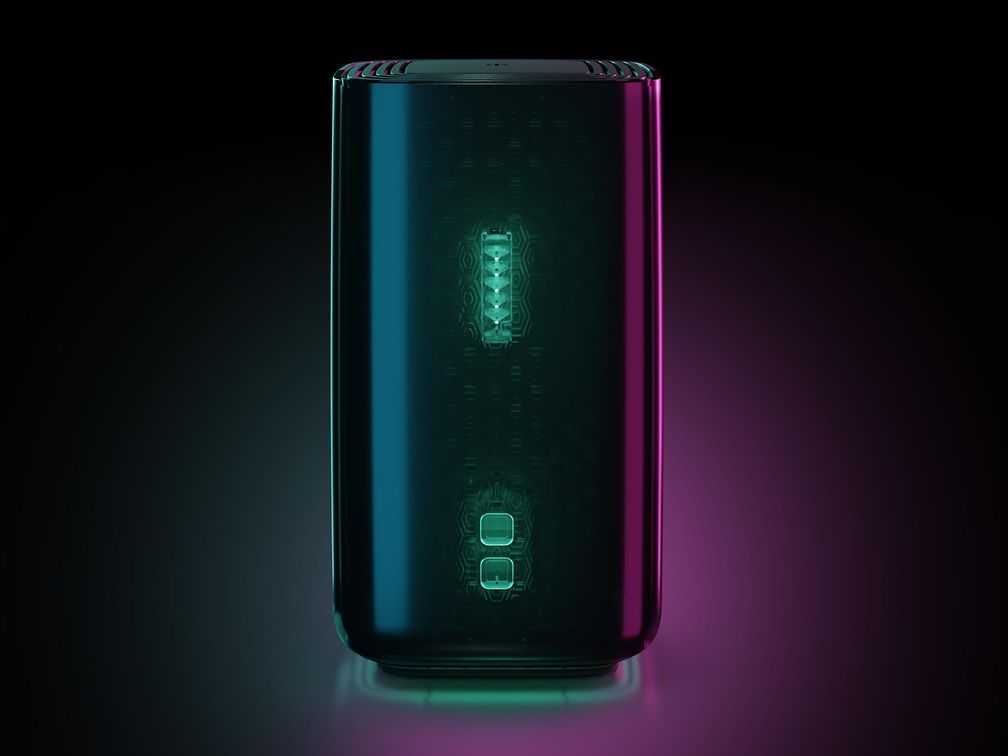Customer premise equipment (CPE) such as routers and hybrid gateways were historically thought of as a commodity with near universal models of hardware deployed across the subscriber base of a service provider.
Today’s dramatic consumer uptick in internet usage and use cases—including work-from-home, remote schooling, streaming video, and cloud gaming—have motivated increased consumer spending to upgrade the home Wi-Fi experience. Consumers who find their service provider lacking in feature-rich hardware options often turn to retail for secondary routers, mesh systems, and range extenders. This results not only in a lost revenue opportunity for ISPs, but also reduces consumer satisfaction with the provider which can increase subscriber attrition. Even if consumers don’t turn to retail, their problems with their Wi-Fi experience increase support calls and operational costs of the provider, thus reducing net revenue.
Deutsche Telekom (DT) launched its premium gaming router, the Speedport Pro Plus (399€ purchase/9.99€ lease), in Q3 2021. The Wi-Fi 6 mesh router supports connections up to 9.7 GB per second. Additionally, the provider offers the Speedport 4, and Speed Home Wi-Fi, a mesh range adapter for non-mesh routers. Speed Home Wi-Fi repeater nodes, Magenta TV Box, and Magenta TV Box Play that also act as mesh repeaters are included in the product lineup.
“We’ve watched perennial consumer dissatisfaction with the home networking experience awaken a number of major service providers to develop more diverse hardware offerings to fill this demand,” said Interpret Vice President Brad Russell. “By providing subscribers with a continuum of hardware options, purchase and lease payment terms, and hardware credits bundled with tariff (subscription) tiers, DT has rolled out an aggressive strategy to seize on the market opportunity.”
Interpret’s recent Smart Home Matrix Global™ research finds 60% of consumers in Germany with a secondary router acquired it from their ISP, as did 47% of Wi-Fi mesh system owners. Networking hardware acquired from German ISPs tends toward purchases, accounting for 56% of mesh systems and 43% of secondary routers.
“Germany has the lowest rate of free primary routers bundled with broadband services (41%) compared to UK, France, and Spain, which underscores their competency in leasing and selling hardware desirable to consumers,” Russell added.
Learn more from Interpret’s latest report, Smart Home Matrix Global: Western Europe. The report draws on a quantitative study of consumers in 15 countries. Western Europe findings include data from UK, France, Germany, and Spain, with topics including adoption, purchase intentions, and recent purchase levels of 12 smart home product categories, other forecasting metrics, digital service subscription levels, and a special look at home networking hardware and services.




